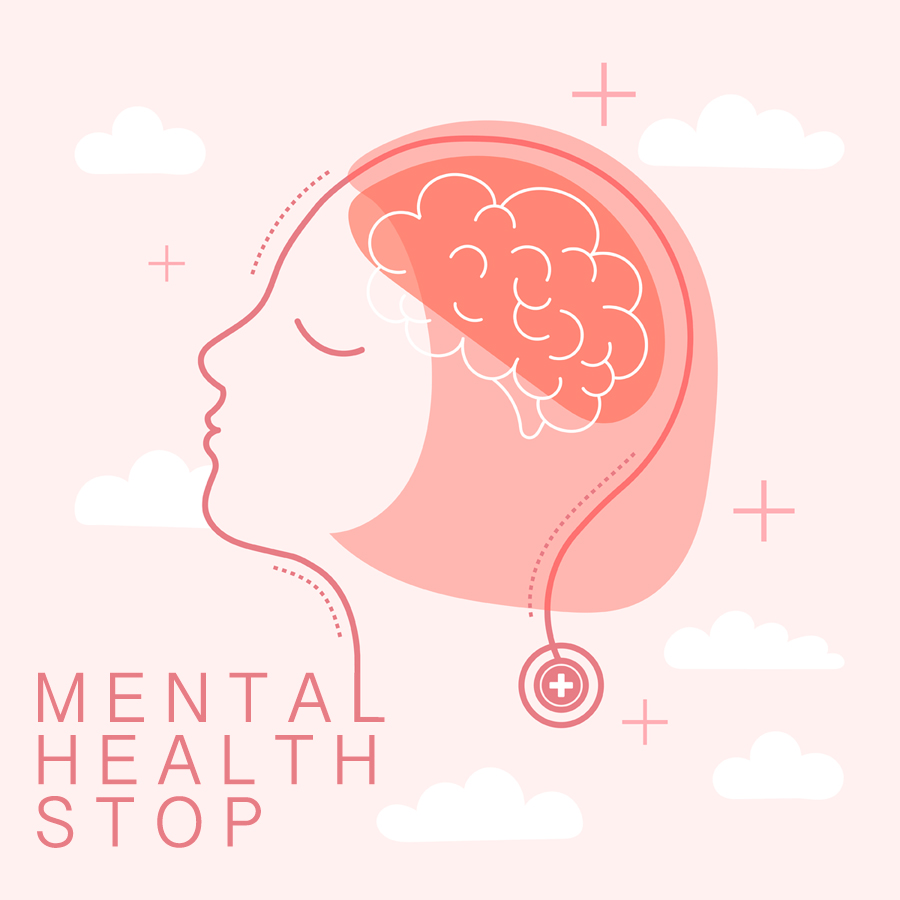
Stress, Tension, and Anxiety Relief Ideas
Stressed out? If so, you're not alone. Plenty of people find themselves worried, anxious, or overwhelmed from time to time, but there are a few tactics you can try to make yourself feel a bit better.
Meditation
Meditating is easy to do, doesn't need to take long, and can have a big impact on your stress levels. Just breathe deeply, focusing on your breathing and shutting out other thoughts as best you can. Meditating can lower your heart rate and help bring you a sense of calm. It also gives you a break from what you were thinking about; once you return to what you were doing, you might find that the moment of calm has allowed you to refocus and think more clearly about solutions to the issues that are causing you stress.
Journaling
Keeping a journal can give you somewhere to vent about your problems, and it also allows you to look back on your thoughts later, reflecting on what happened and how you dealt with the situation. You might also be able to spot patterns in how you handle stress that can help you learn to deal with stressors more effectively.
Exercise
Exercise is good for your physical health, but it can also help your mind. In fact, exercising can raise your endorphin levels, boosting your mood. Getting regular exercise can also help you sleep better, and a good night's sleep can go a long way toward reducing stress. Not sure where to start with your new exercise regimen? Try yoga: It's a low-impact form of exercise that also incorporates elements of meditation, doubling the potential mood-boosting effects.
Acupuncture
Studies have shown that acupuncture releases endorphins, too, and it also lowers the levels of stress hormones in the blood. It can also block the release of a chemical produced in the hypothalamus that's linked to the body's fight-or-flight response. Being stuck with tiny needles might not be for everyone, but if you're open to the idea, it could be worth a try.
Aromatherapy
Essential oils aren't the miracle cure-all that some make them out to be, but they can contribute to a greater sense of well-being through aromatherapy. Research has shown that inhaling the scent of lavender can have a calming effect. You can put lavender oil in a diffuser to fill a room with the scent, or you could use a lavender-scented lotion or massage oil.
Laughter
It might seem hard to smile when you're overwhelmed or anxious, but laughing can help you feel better. When you laugh, your body produces more mood-boosting hormones, such as oxytocin and dopamine. Try joking around with friends, read a humorous essay, or pull up a video of a comedy act on YouTube to give yourself something to laugh at.
Healthier Habits
Too much caffeine can ramp up our heart rate and make you feel more anxious. Smoking, long thought of as a stress-reliever, can also make your stress levels worse: Nicotine is a stimulant, and addiction to nicotine causes physical and mental stress (not to mention all of the other harmful health effects that can come from smoking). Quit smoking and cut your caffeine intake and you're sure to feel a bit bitter.